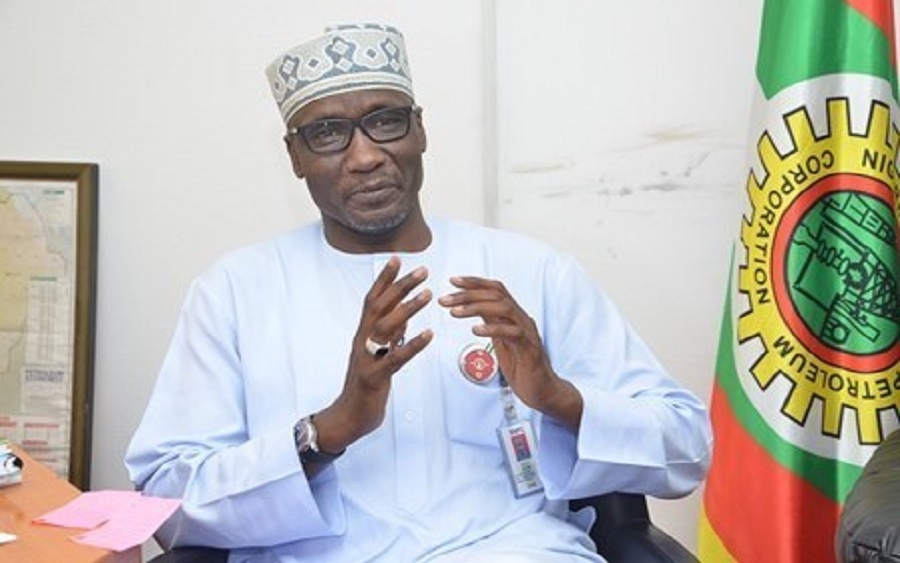The nationwide lockdown and restriction which was implemented by the government as part of an effort to curtail the spread of the coronavirus disease have impacted the consumption of premium Motor Spirit (PMS) otherwise known as petrol in Nigeria as the supply of the product dropped in the last 2 months.
Available data from the Department of Petroleum Resources (DPR) that was released on Sunday, June 14, 2020, shows that the supply of petrol across the country dropped by 20.6 per cent to 1.43 billion litres in May 2020, from the 1.8 billion litres that were recorded in March 2020.
This was disclosed by the Director/Chief Executive Officer of DPR, Sarki Auwalu while speaking at the Future Energy Leaders Nigeria, live webinar, organized by the World Energy Council. He said that the supply of petrol had dropped by 25 per cent to 1.350 billion litres in April, before rising by 5.93 per cent to 1.43 billion litres in May.
This translated to average daily petrol supply of 58.06 million litres in March; 45 million litres per day in April and 46.13 million litres per day in May 2020.
He also disclosed that diesel supply which was 600 million litres at the end of March, dropped by 33.33 per cent to 400 million litres for April, and remained at the same level in May.
On the other hand, Auwalu disclosed that Nigeria’s crude oil and condensate production stood at 68 million barrels in March; 66 million barrels in April and 58 million barrels in May, while the country exported 61 million barrels of crude oil and condensate in March 2020; 62 million barrels in April and 56 million barrels in May.
The DPR boss pointed out that the crisis in the oil market which was triggered by the pandemic had brought to the fore the need for efforts to be geared towards bringing down the cost of producing a barrel of crude oil, ensure business efficiency and financial stewardship, as well as the adoption of good corporate governance.
He said that the Federal Government decided to conduct the marginal field bid rounds during this period of COVID-19 pandemic due to the need to produce crude oil at a lower cost because there is no exploration cost.
Also speaking, Group Managing Director of the NNPC, Mallam Mele Kyari, disclosed that personnel and logistics costs were the highest cost elements in crude oil and gas production, as they contribute up to 7% and 35% respectively to the costs.
Kyari noted that other factors responsible for the high cost of production included issues bordering on security and losses on crude oil pipelines.
On his part, Mr. Bayo Ojulari, Managing Director of Shell Nigeria Exploration and Production Company (SNEPCO), emphasized the need for transparency around open book economies, while he lamented that security of facilities in the country is negatively impacting on efforts by oil firms to cut cost.
